Computer games are good for you
 I have been meaning to write about this topic before, as it is clearly a topic close to my heart. Not really because I give a flying fuck about about health issues (I have a legendary constitution and a long list of ancestors living past 80) but because any justification for playing games is good.
I have been meaning to write about this topic before, as it is clearly a topic close to my heart. Not really because I give a flying fuck about about health issues (I have a legendary constitution and a long list of ancestors living past 80) but because any justification for playing games is good.
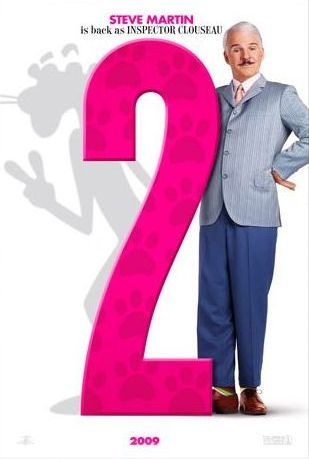
As Hollywood’s output and quality continues to dwindle, I find myself turning more and more to books and games for a decent tale and cheap thrills. I don’t care what pretentious types say – there is still a ton of watchable movies coming out each year but the good ones don’t number high enough to satisfy my copius spare time. Perhaps it is because I watch the bulk of movies and tv shows at work. Whatever. Books have always been my medium of choice but games are now beating movies hands down in their demand on my attention. I’m currently loving Elder Scrolls Oblivion and Batman: Arkham Asylum but find it hard to remember more than three films I’ve seen in the last year that rated better than: “That was ok.”
Lots and lots of games now feature well-known actors – look at the cast of the last few GTA games for example, or even the games I’m playing now have Patrick Stewart as the king (Oblivion) and Mark Hamill as the joker (Batman). Graphics have progressed to a level that are almost equal to your average CGI-laden blockbuster. I have played numerous games that feature more realistic baddies than the scorpion king at the end of The Mummy Returns for example. As adventure goes, Uncharted Drake’s Fortune was better than the new Indiana Jones film. (Which actually makes me weep a bit but that’s another issue.)

As stories go there has already been a rich history of writers penning game plots. Douglas Adams wrote the game Starship Titanic and got his friend Terry Jones to write the book of the game. Granted neither were brilliant but if you’re a fan of both personages it still beats watching Eastenders as a way of passing your time. Clive Barker wrote Undying, a first person shooter that had some genuinely scary moments. Dead Space was a great game, with a truly ominous atmosphere and good story. And so on.
Games have numerous advantages over movies and that will increase as time goes on. There is more scope for plot development and characterisation. Some of the stories in Fallout 3 and Oblivion are superb and you get to know some of the individuals as if they are real and are almost saddened when the game finishes (like with a good book). They deal with you differently too, depending on how you react to them and your reputation. More and more games feature differing plots depending on the choices you make. Some of the radio stations and characters in Grand Theft Auto 4 had me pissing myself with laughter (and that doesn’t include the fact that you can go to a comedy club and see Ricky Gervais doing stand up). Some set pieces in games literally have you saying “Fuck, did you see that?” to a disintereted wife or partner. The scene when a nuclear bomb goes off in Call of Duty 4 or the landing in Killzone 2 leap to mind if you happen to be cool or sexy enough to have played them.
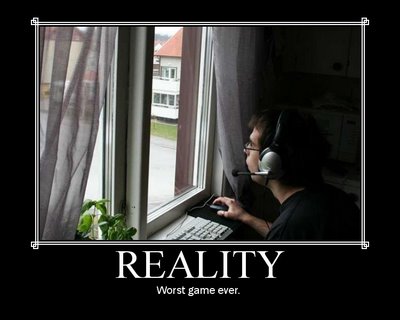
Whenever I get blocked on a platform by baffled tourists anywhere in the world – you can tell they don’t play enough games. Solving the riddle of a tube map is a piece of piss compared to lots of puzzles you are forced to solve in games like Resident Evil or Myst. When travelling, I’m nearly always the one who works this sort of thing out, and I’m convinced it’s down to a mixture of innate genius and gameplaying.
I won’t even begin to talk about Massively Multiplayer Online Games like World of Warcraft but the fact that people have died playing must mean they are pretty good. People have been divorced and married through these games and some employers are now asking if the prospective employees play them as they are worried about them turning up.
So having established that there is more scope and depth to a lot of games, there is the added fact that you are in control. It is this interaction that adds to the suspense and enjoyment of the experience. When you are creeping down a dark corridor and hear a scream ending suddenly from a door near you, the fact that you are the one who moves and opens that door can scare the crap out of you. It is also this interaction that is the beneficial part and why it has been scietifically proven that games are better for you than movies.
PROOF:
THEY ARE GOOD FOR YOUR EYES
From the BBC website:
“US scientists have found that regular players of shoot-em-ups, such as Half-Life and Medal of Honour, have much better visual skills than most of the population.
The researchers have shown that gamers were particularly good at spotting details in busy, confusing scenes and could cope with more distractions than average.
The two scientists also found that with a little game playing the visual skills of anyone can be improved.” An apple and an hour of killing stuff a day is beneficial.
“By forcing players to simultaneously juggle a number of varied tasks, action video game playing pushes the limits of three rather different aspects of visual attention,” wrote the researchers.
A similar story from an article on yahoo:
“The University of Rochester put a group of college-aged non-gamers through the paces of such high-caliber action fare as Gears of War, Lost Planet andHalo. After 30 hours of gameplay, the subjects outperformed the control group in their ability to accurately pick out objects in a cluttered space.
Research author Daphne Bevelier explained, “First-person action games helped study subjects improve their spatial resolution, meaning their ability to clearly see small, closely packed together objects, such as letters… the present study highlights the potential of action-video game training for rehabilitation of visual deficits.”
In laymen terms, that means years of fragging might actually sharpen your vision by training your brain to quickly process information. This also has therapeutic ramifications, potentially aiding in the treatment of a variety of ocular disorders including vision loss from aging and lazy eye.”
The following few are from an article by Ben Silverman.
THEY ARE GOOD FOR FOCUS AND CONCENTRATION
“Though in its infancy, the burgeoning field of gaming as a means to contend with the negative effects of ADHD was bolstered by a Cornell study demonstrating the positive effects of video game training in ADHD-afflicted youth. Even at an early age, kids seemed to respond well to games as a treatment method, showing significant improvement over their non-gaming peers.”
THEY CAN HELP YOU LOSE WEIGHT
Ok, I’m talking the Wii fit and those dancing games here. Although getting fit by playing these things is a good reason for playing games – these are crap games. The Wii is a gimmick and fun for 30 minutes tops. It relies too heavily on having a controller that can move stuff on the screen. Big bloody deal. Focus on gameplay and story. Have you seen those ads where the girls meet up online and go shopping or fishing or something? I mean, jesus. The Wii is for… Alright I’ll shut up. I don’t like it.

THEY CAN HELP YOU UNDERSTAND CLASSICS
“It’s no secret that games draw inspiration from books, but one enterprising teacher has turned the tables by using Halo to help his students understand the complexities of Homeric epics.
Roger Travis, associate professor of modern and classical languages at the University of Connecticut, claims that the trials and tribulations of Trojan hero Aeneas chronicled in Virgil’s Aeneid mirror those of Halo‘s Master Chief.
He likens the interactivity found in contemporary gaming to the oral tradition that prompted ancient audiences to connect with their plays.”
THEY HELP KIDS LEARN
This is from the Times:
“[K]ids have changed. They’re not little versions of us any more. Because of the technology they’re growing up with, they’ re able to learn in different ways, able to teach themselves in different ways and one of the greatest places they’ve got this from is by playing the complex games of today.
The notion of what a game is has changed too … over the past 20 years a more intricate sort of game, such as Civilisation IV, which teaches the span of Western history, or The Sims 2, which teaches strategies for winning and losing, has emerged. You have to reach multiple goals, it takes multiple skills and it takes 30 or 40 or 50 hours to play and master a game. From those games the kids learn a lot.”
THE BEST STRESS RELIEF
From ezine:
“Some people read a book or watch a movie as a way to get their mind off of their problems. Basically, they allow people to be transported to a fictional world for awhile. In that area, video games are actually the most effective form of release, because they provide a deeper and more encompassing transportation.”
From ABC science:
“Physio and occupational therapists started using simple video games in the late 1980s to treat people with a whole range of conditions from physical, learning or emotional disorders to cognitive problems following stroke and brain injury.
Today, a growing area of brain research suggests modern fast-paced action video games — in particular first-person shooter games — may sharpen your vision, improve your attention and working memory, and develop your fine motor skills and hand-eye coordination.
What’s more, these skills aren’t just virtual: they can help you do better in real-life situations, like driving your car or juggling more than one task at a time.”
OK ENOUGH PROOF. BACK TO THE RANT
Ok, that’s enough. This is all from just a tiny bit of the studies going on all over the world. There are hundreds of articles in a similar vein. I think I have proved my point. What I don’t get is why it is still an issue. The facts are there. Stop being so damn passive! Stop watching shows with ‘Celebrity [fill in the blank]’ as the title.

I’d suggest moderation in this, obviously. Don’t play so much that your social life suffers or you read less. I’m just suggesting you play instead of watching shit like Big Brother (scientifically proved to increase your moron levels) or indeed any reality show. They do nothing for you. All the time spent reading about celebrities or more than 10 minutes on Facebook is a waste of life too. As is watching sport (I could write for hours on this). Playing sport is great but why watch others doing it? What’s the point? I could mention all time spent worshipping deities here but I won’t. They are a humourless and unforgiving bunch that I wouldn’t want to meet online, let alone in reality.
I think I went on a bit long about this topic. I’m wasting my life at work at the moment and have little else to do. I will end this with a brilliant piece I found on http://madisonian.net/ It is from Steven Johnson’s new book “Everything Bad is Good For You”. It is a joke and not anti books but it raises some good hypothetical points. My next blog entry will be shorter I promise! Here is the extract and good night:
“Imagine an alternate world identical to ours save one techno-historical change: videogames were invented and popularized before books. In this parallel universe, kids have been playing games for centuries—and then these page-bound texts come along and suddenly they’re all the rage. What would the teachers, and the parents, and the cultural authorities have to say about this frenzy of reading? I suspect it would sound something like this:
Reading books chronically under-stimulates the senses. Unlike the longstanding tradition of gameplaying—which engages the child in a vivid, three-dimensional world filled with moving images and musical soundscapes, navigated and controlled with complex muscular movements—books are simply a barren string of words on the page. Only a small portion of the brain devoted to processing written language is activated during reading, while games engage the full range of the sensory and motor cortices.
Books are also tragically isolating. While games have for many years engaged the young in complex social relationships with their peers, building and exploring worlds together, books force the child to sequester him or herself in a quiet space, shut off from interaction with other children. These new ‘libraries’ that have arisen in recent years to facilitate reading activities are a frightening sight: dozens of young children, normally so vivacious and socially interactive, sitting alone in cubicles, reading silently, oblivious to their peers.
Many children enjoy reading books, of course, and no doubt some of the flights of fancy conveyed by reading have their escapist merits. But for a sizable percentage of the population, books are downright discriminatory. The reading craze of recent years cruelly taunts the 10 million Americans who suffer from dyslexia—a condition didn’t even exist as a condition until printed text came along to stigmatize its sufferers.
But perhaps the most dangerous property of these books is the fact that they follow a fixed linear path. You can’t control their narratives in any fashion—you simply sit back and have the story dictated to you. For those of us raised on interactive narratives, this property may seem astonishing. Why would anyone want to embark on an adventure utterly choreographed by another person? But today’s generation embarks on such adventures millions of times a day. This risks instilling a general passivity in our children, making them feel as though they’re powerless to change their circumstances. Reading is not an active, participatory process; it’s a submissive one. The book readers of the younger generation are learning to ‘follow the plot’ instead of learning to lead.”
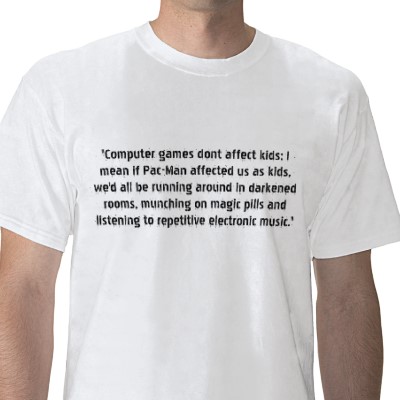









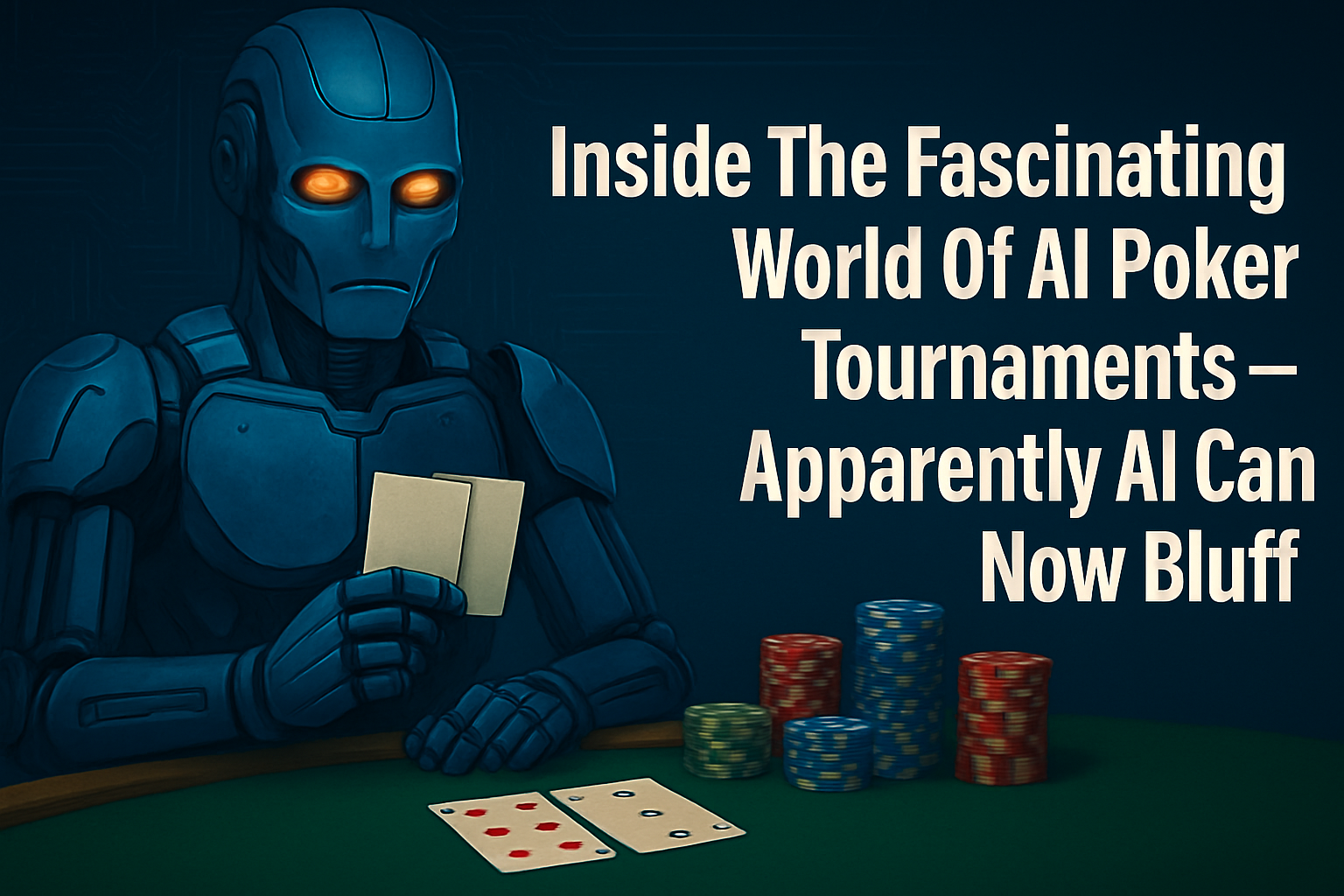
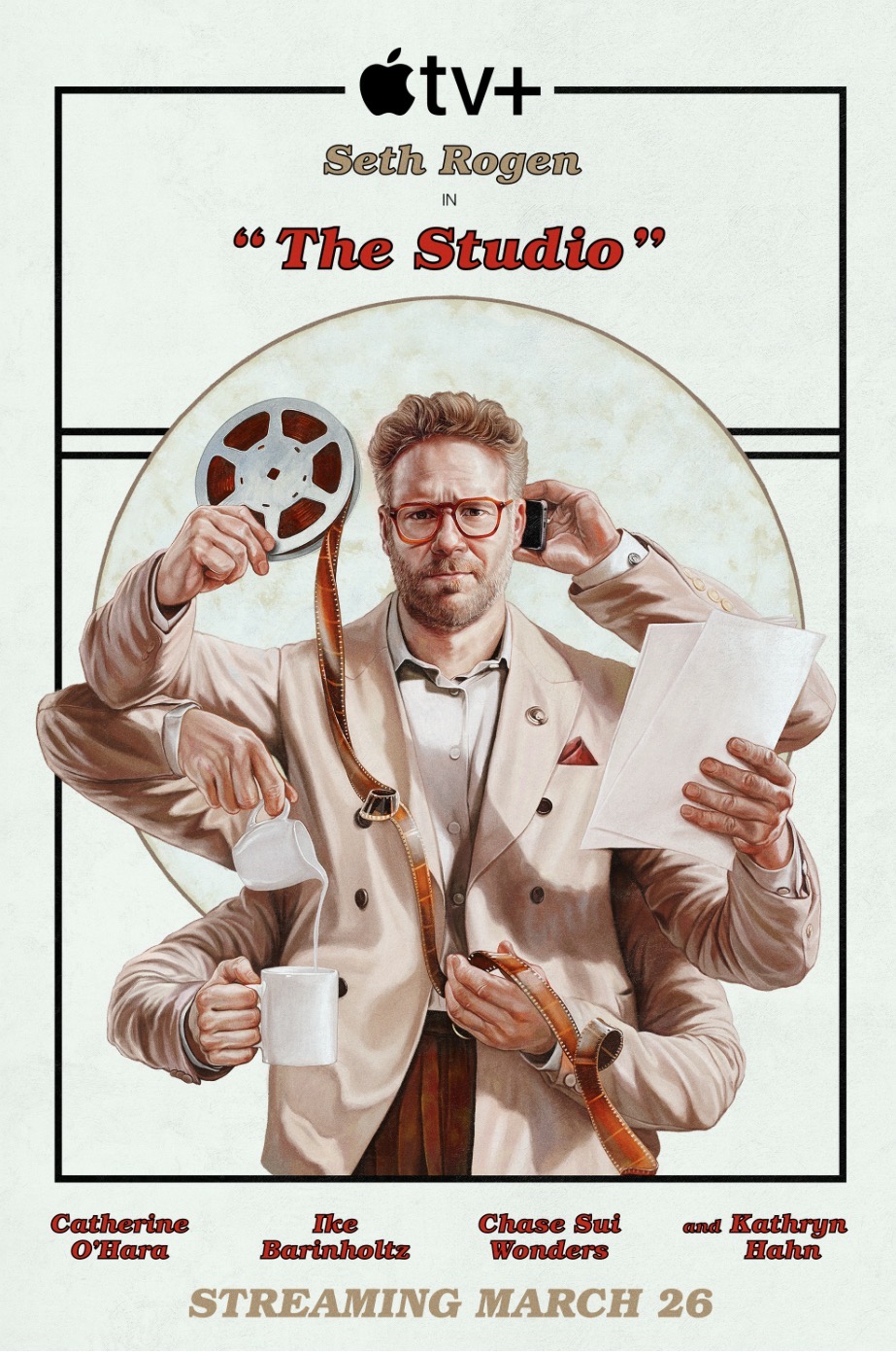
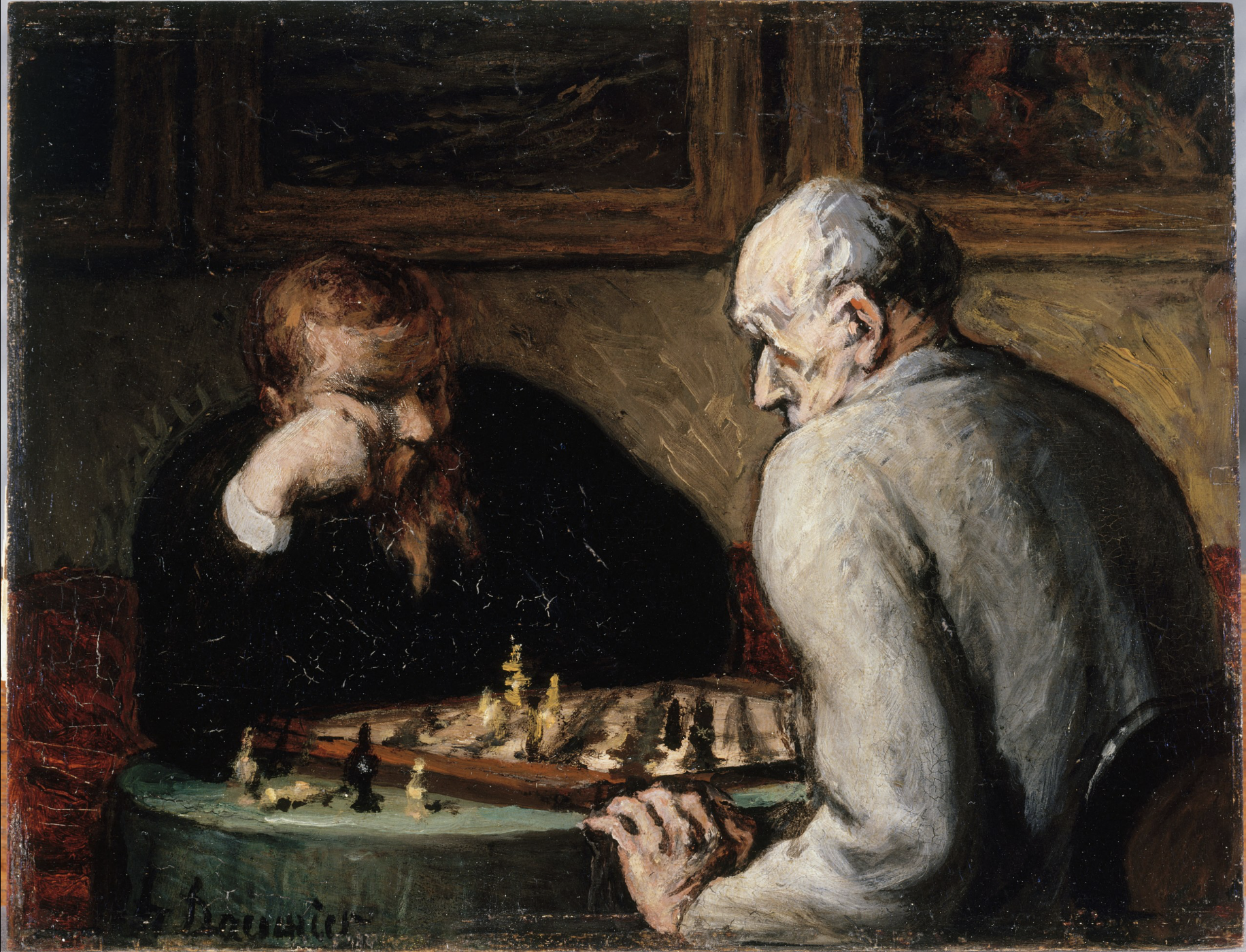

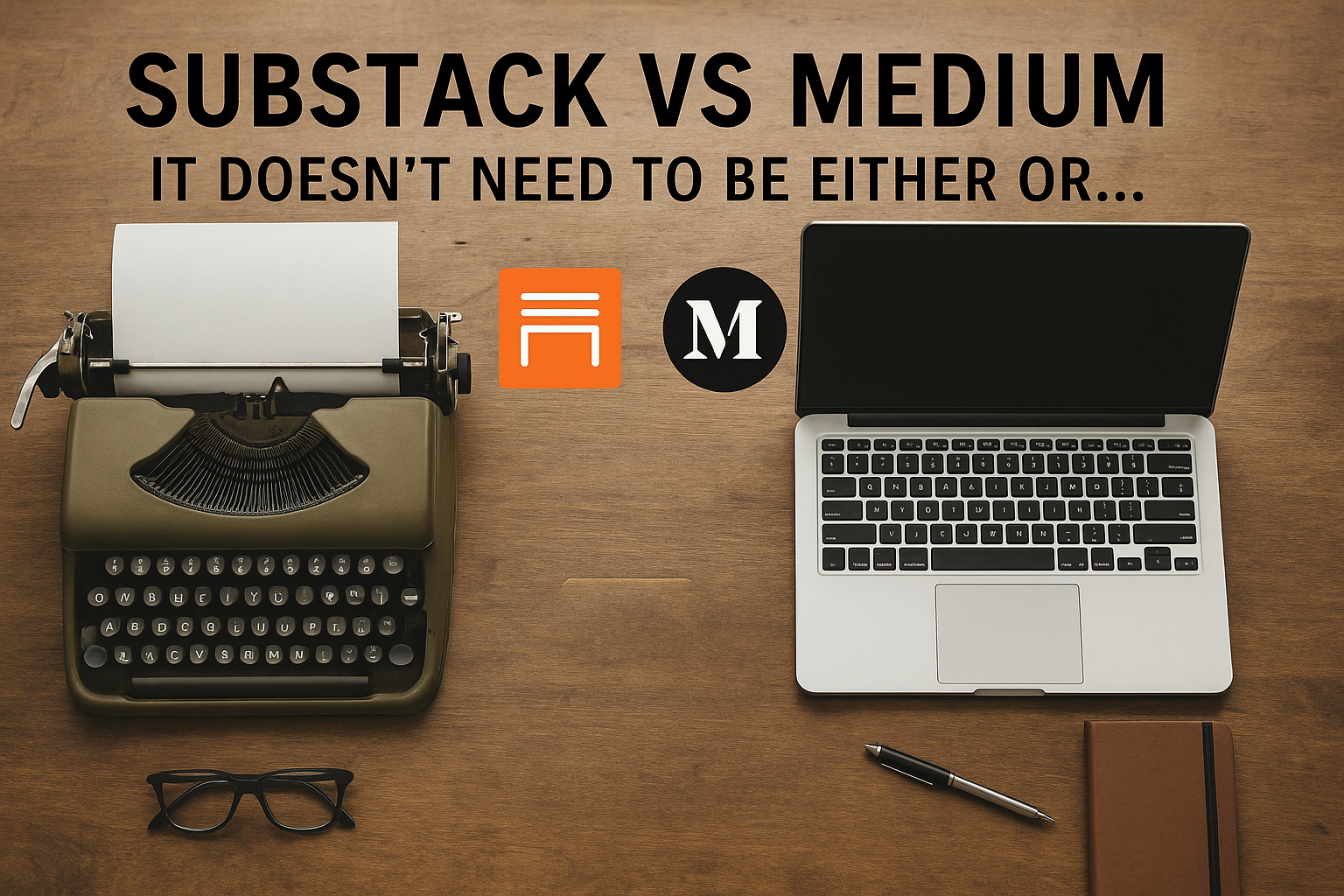





2 thoughts on “Computer games are good for you”